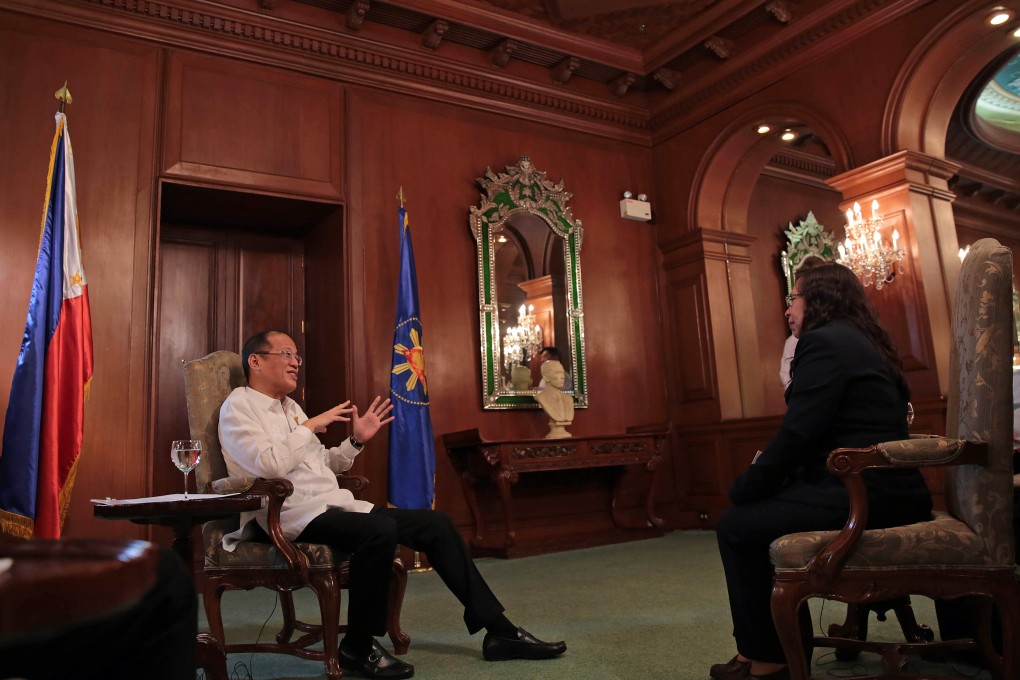My biggest mistake: Aquino concedes errors that led to deaths of 44 commandos

Philippine leader Benigno Aquino has admitted that his “biggest mistake” as president was approving a counter-terrorist operation that led to the deaths of 67 people, including 44 police commandos.
Aquino told the South China Morning Post in a wide-ranging interview that he should have first vetted Philippine National Police Special Action Forces (SAF) chief Getulio Napeñas, who planned and executed “Oplan Exodus” in January.“Let me directly answer the question,” Aquino said when asked about the biggest regret of his presidency. “Could I have done something differently? In hindsight… I should have known Napeñas better, Napeñas’ character better.”
Napeñas’ secret plan – apparently conceived with the help of American “advisers” – was for hundreds of elite police officers to arrest Zulkifli bin Hir – alias Marwan – and Ahmad Akmad Usman in the remote southern village of Mamasapano, Maguindao, territory covered by a ceasefire agreement between the Philippine government and the Muslim rebel group Moro Islamic Liberation Front (MILF).


After going in unannounced and without informing nearby government military forces, an SAF team killed Marwan, while Usman escaped. But the raid also triggered a firefight that saw a contingent of the SAF commandos trapped and then all but wiped out by MILF forces and other militia.